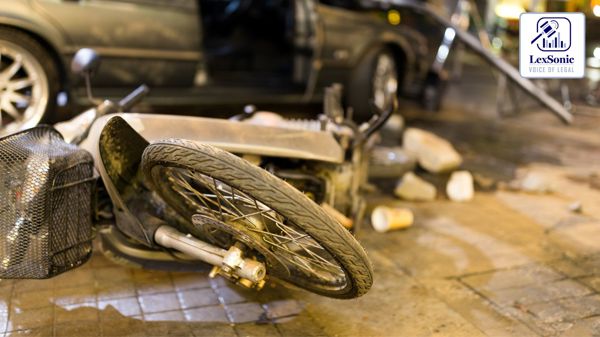Supreme Court Clarifies Treatment of Compassionate Assistance in Motor Vehicle Accident Compensation.
08 April 2025
Civil Appeals >> Civil & Consumer Law | Motor Accident >> Family Law

The Court reiterated the principle established in Shashi Sharma that the financial assistance received or receivable under the 2006 Rules, specifically the amount equivalent to the deceased's last drawn pay and allowances, cannot be paid again as part of the motor accident compensation. However, the Court clarified that claims for loss of future income escalation and other benefits not covered by the 2006 Rules can still be pursued under the Motor Vehicles Act. Benefits like family pension, life insurance, and provident fund are not to be deducted.
The Court expressed surprise that the High Court had disregarded a Supreme Court judgment and followed its own contrary judgment, which is a violation of Article 141 of the Constitution of India.
